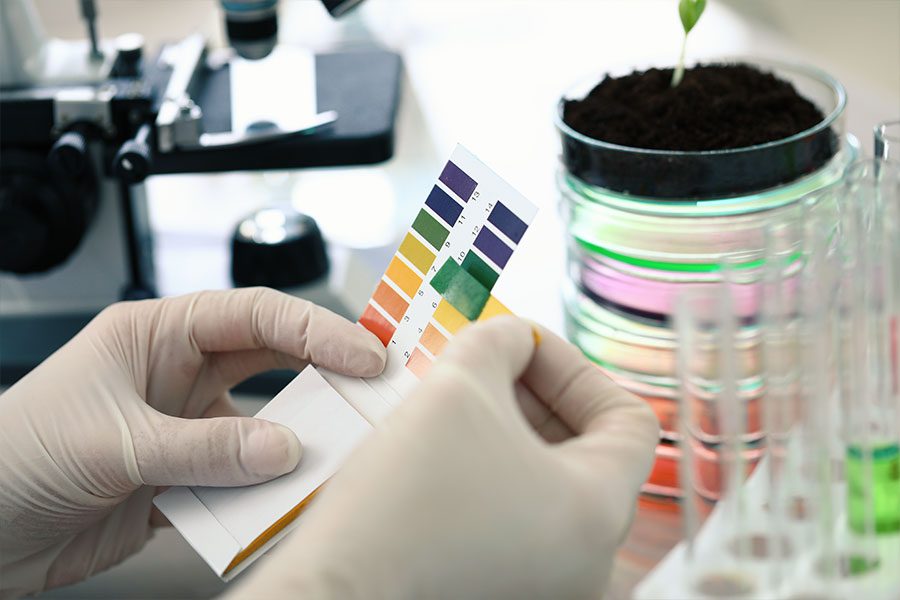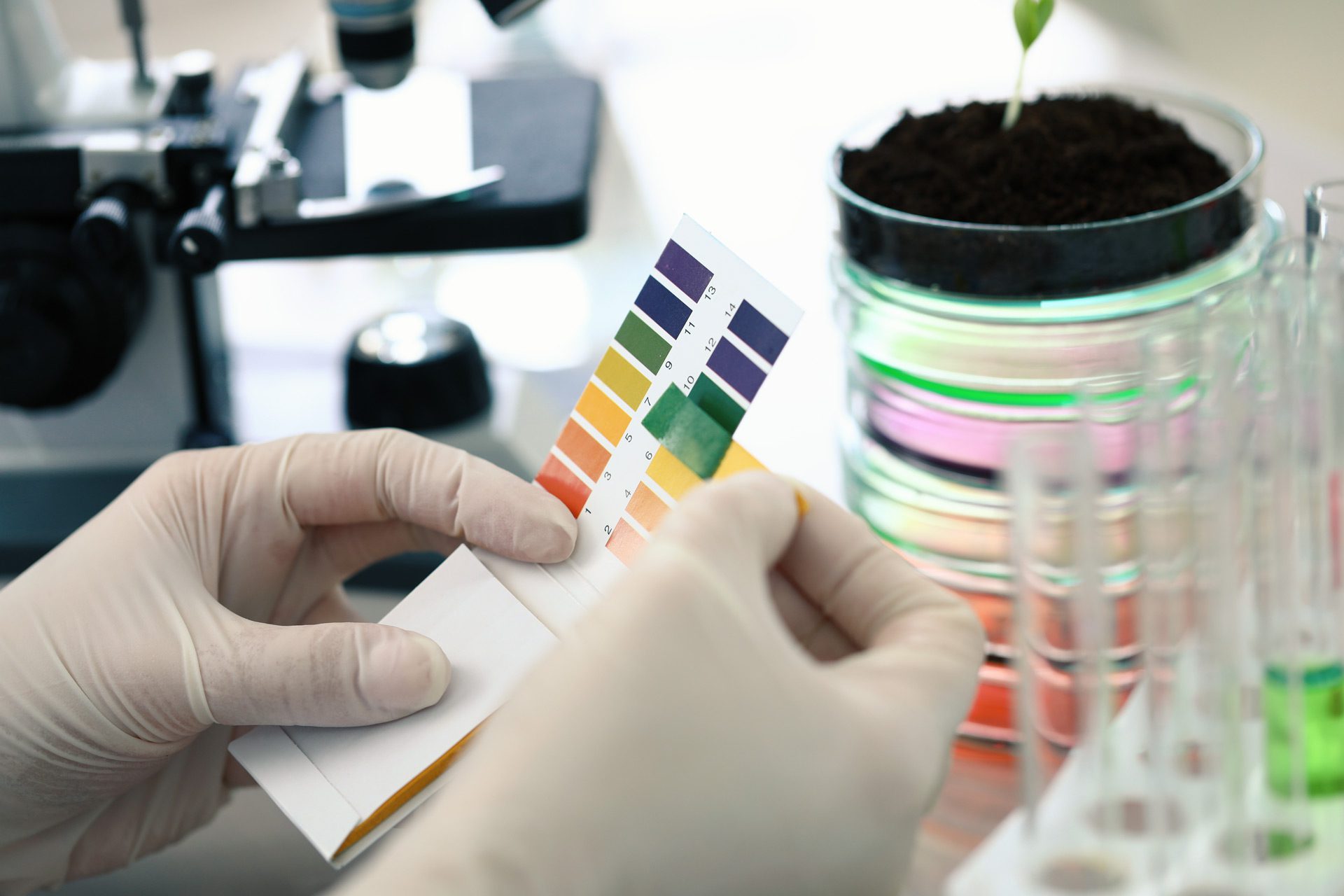Seventy per cent of LPP clothes manufactured in Bangladesh and Pakistan conform to sustainable chemical safety standards

By now, 60% of plants that sew clothes for LPP in Bangladesh and Pakistan, as well as 82% of jeans suppliers on this market are members of Zero Discharge of Hazardous Chemicals – an initiative for chemical safety in the fashion industry. Thus, the ZDHC-associated plants which cooperate directly with LPP now account for as much as 70% of the Polish company’s production in these states1. The growing number of suppliers covered by the obligation to strictly observe guidelines on management of chemical substances within the supply chain of the fashion industry is a result of actions taken within the ZDHC community, joined by the Polish fashion company in 2020.
Established in 2011, the mission of the Zero Discharge of Hazardous Chemicals initiative is to introduce the best practices of sustainable chemical safety within the entire supply chain of the fashion industry. In its 10 years of works on establishing standards to limit the application of hazardous chemicals in this sector, the community has been joined by over 8,400 entities from all over the world, including 75 brands, 6,390 manufacturers of clothes and footwear, 1,756 producers of chemicals, and 192 laboratories and certifying institutions. And the numbers are growing – within just 12 months, the group of chemical substance producers registered at ZDHC increased by 37%, and the number of clothes and footwear manufacturers grew by 30%, too. Among the new members, there is LPP, the Polish manufacturer of clothes which in 2020 became the first Polish company to join the initiative.
‘The previous year was a time of very intensive implementation of our commitments within this community. We are committed to actual change in our industry, so from the moment of joining ZDHC, participation in this initiative has become one of the main factors considered in choosing plants where we commission production. We prefer to cooperate with responsible and environmentally aware plants. We place bigger production orders with them, which automatically motivates sewing plants to join the ZDHC initiative. Thus, we mobilise local entrepreneurs to observe the principles of chemical safety in production, while we become more effective in achieving the goals of gradual reduction of our environmental impact. With these steps, as much as 70% of our clothes manufactured in Bangladesh and Pakistan, including 99% of jeans, now meet the strict criteria of chemical safety as defined by ZHDC’, notes Dorota Jankowska-Tomków, ESG Director at LPP.
Apart from participation in ZDHC, each order placed by LPP with a plant comes with our attached in-house quality standard titled “LPP Quality Guidebook”, including a detailed list of chemicals prohibited in the production of the Polish company’s collections and a list of acceptable concentrations of other chemicals, which are compatible with the EU’s requirements defined in the REACH regulation2.
Supported by LPP, a total of 20 companies cooperating directly with the Polish company in Bangladesh and 3 plants in Pakistan joined the ZDHC in 2020. LPP supports its suppliers in both countries not only in the management of chemicals, increasing the safety of the staff in charge of the production process, but also in proper waste disposal, including sewage and production water.
‘In those countries where the level of environmental awareness is far from the European standards, it is a key factor in improving the condition of the natural environment as, apart from reducing the application of hazardous chemicals in production of clothes, ZDHC also focusses on the quality of the treated water released into the environment. Its chemical, physical and biological composition is verified. This means that plants that belong to ZDHC are obliged not only to purify water, but also to improve its quality sufficiently for gradual restoration of the initial state of the water ecosystem’, concludes Aleksandra Pawelec, sustainable development auditor at LPP.
The efficiency of measures taken by fashion brands, chemical substances suppliers and research institutions shall be guaranteed not only by their close cooperation in promoting a reduced chemical footprint of clothes. Another important element of the change involves a detailed analysis of reports developed by certified laboratories that are authorised to control observance of ZDHC guidelines concerning chemicals applied by the plant in question and to analyse water quality. Considering also the spreading practice of building water treatment units at plants, this will contribute to gradual improvement of the quality of water released into the environment.
‘We realise that in some regions there are still plants that apply practices far from the production standards we require. The only way to limit this is to not support their operations. By choosing cooperation with those sewing plants which maintain chemical safety, we give them a reason to change further. Importantly, these plants sew for other fashion companies, as well. By taking a step towards improved safety in our own production, we also affect the quality of production of other companies in our industry’, says Dorota Jankowska-Tomków.
The initiative’s core principle is to increase the number of suppliers willing to implement ZDHC standards to bring actual change with respect to water quality and reduction of the application of chemical substances by their replacement with environmentally neutral substitutes. ‘Therefore, regardless of whether they are motivated by environmental issues or by continued cooperation with a big ordering company, LPP believes that only with more plants joining the initiative, it is to possible to achieve a perceptible change in the elimination of hazardous substance from clothes and the environment’ adds Dorota Jankowska-Tomków.
1 the data concern plants which have direct contracts with LPP and carry out so-called wet processes requiring application of chemicals.
2 (Registration, Evaluation and Authorisation of Chemicals) – Regulation of the European Parliament and the Council (EC) no. 1907/2006 introduced in order to better protect the environment and human health from threats which may be posed by chemicals.

______________________________________________________________________________
LPP is a Polish family company, one of the most rapidly growing in the apparel industry in the Central and Eastern Europe region. For 30 years, it has been successful in Poland and abroad, selling stationary collections on 26 markets today, including in such prestigious capitals as London, Berlin, Tel Aviv and Moscow. The online offer is available on 31 markets. LPP manages 5 fashion brands: Reserved, Cropp, House, Mohito and Sinsay. The company had a network of over 2,000 sales outlets of a total surface exceeding 1.7 million m2. Based on the global supply network, the Polish clothes manufacturer distributes over 259 million clothing items to three continents per year. LPP also has an important role creating jobs for nearly 27,000 people in offices and sales structures in Poland, Europe, Asia and Africa. The company is quoted on the Warsaw Stock Exchange under the WIG20 Index and belongs to the prestigious MSCI Poland Index.

